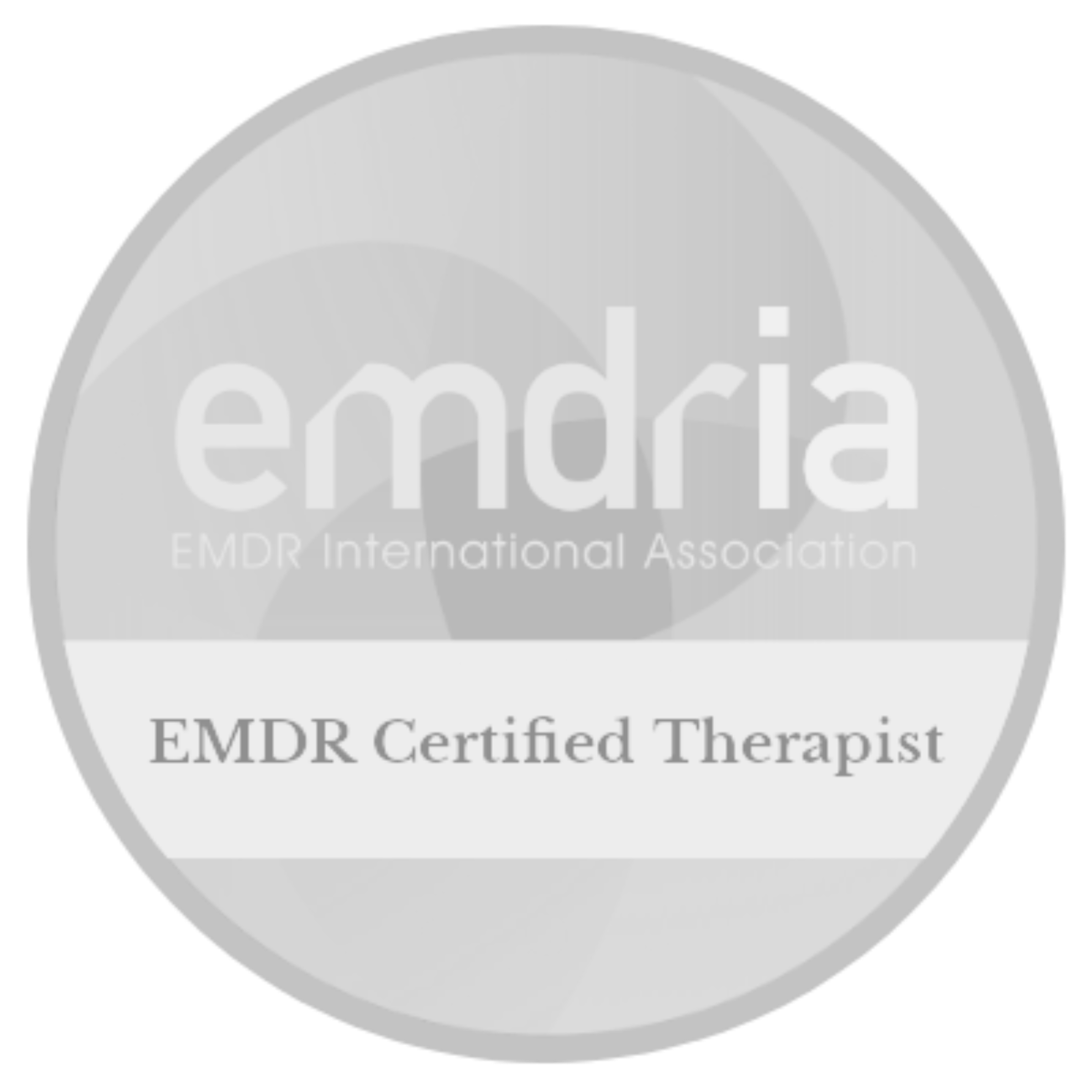
About me
My experience
I got my first job in the mental health field at the age of nineteen at a group home for adults in Orono, Maine, my home town. Several years later I received my first official psychotherapy client as a graduate student at DePaul University. With a dual focus in Clinical and Community Psychology, I completed a master’s degree at DePaul and graduated with a doctoral degree in 1997. I was originally licensed as a psychologist in Maine in 1999; in recent years I have been licensed in Massachusetts and New York, now maintaining offices in Northampton and Beacon. As a psychotherapist, I have been influenced by Carl Rogers and Barry Duncan and the view of the client as both expert and primary agent of change. I worked for years as a therapist at a community mental health center in Maine, at a clinic affiliated with a hospital in western Massachusetts and most recently at a medical group, also in western Massachusetts.
Sitting in the psychologist’s chair over the years I have worked with thousands of clients. I have felt close bonds with many people in this role and have been moved by the beauty of who they are and by their power to shape their lives. Many times, however, I have also been struck by the sense that talk therapy not infrequently leaves people with with significant core issues untouched and unchanged. It is as if certain disturbing experiences have been frozen in amber, immutable despite the best efforts of myself and the client.
Learn more
“I believe that many people carry burdens, embedded in their past, unnecessarily.
Trauma work can often free a person from such burdens.”
Trained in EMDR
EMDR - Eye Movement Desensitization and Reprocessing
Originally trained in EMDR in the 1990’s, this experience motivated me to renew my education in trauma work. Whereas I still see a few therapy clients, with whom I have been working for years, I now do trauma work full-time. I see it, for many people, as a necessary complement to psychotherapy. My clients today often report that they have been in therapy for years; while they deem this to be helpful in important ways, they also describe it as fruitless in addressing the effects of specific old wounds that continue to haunt them.
Doing intensive trauma work allows me to take aim directly at the damaging experiences left unchanged by (often prolonged) talk therapy. This work is not easy for clients but typically much less daunting once they actually start the process. Having completed an intensive, many clients report feeling disencumbered from traumatic experiences; less stuck in old emotional reactions; and more able to feel joy and experience peace of mind. For this reason, I find trauma work–specifically EMDR–to be extremely rewarding and keep it at the center of my professional life.
EMDR Certificate


